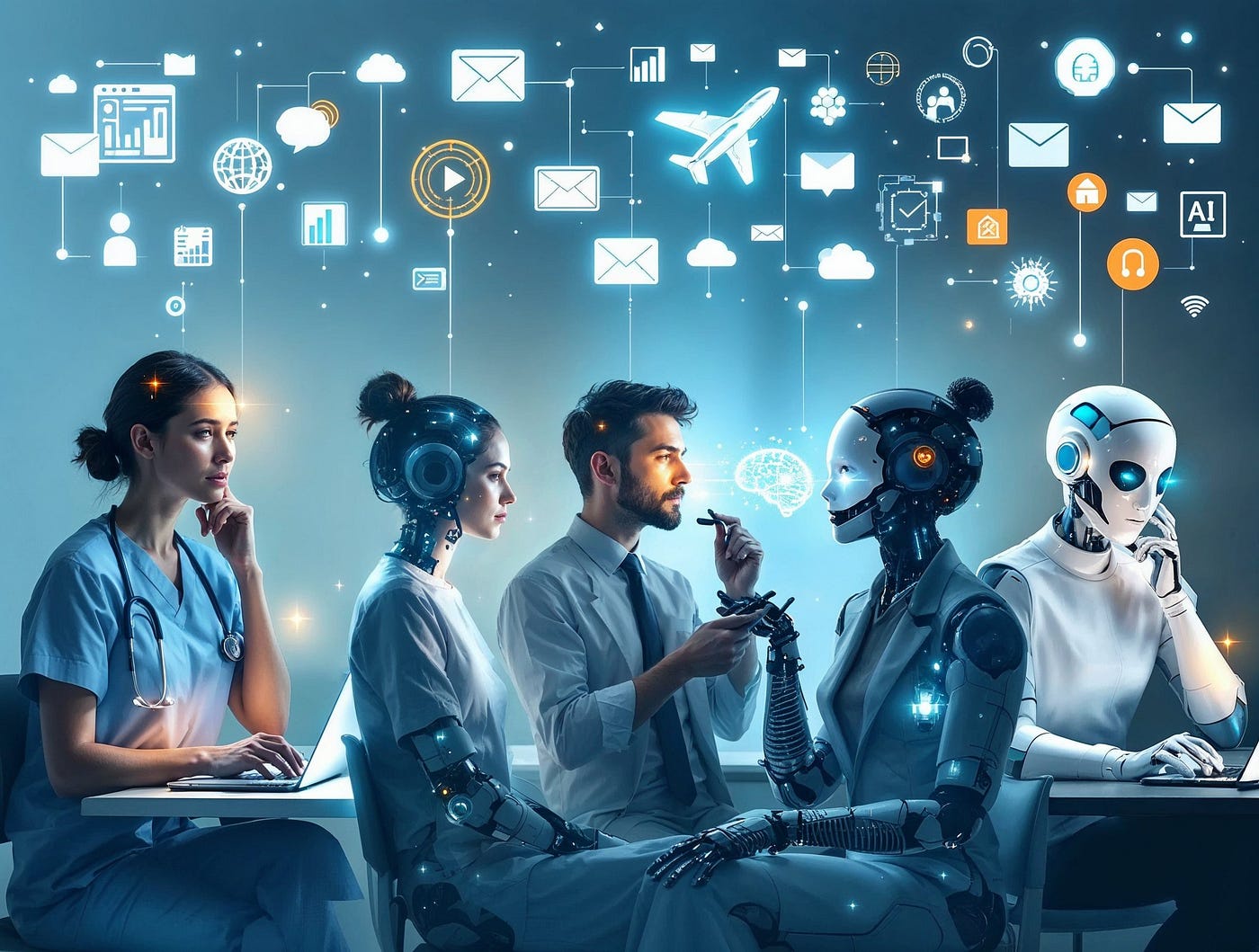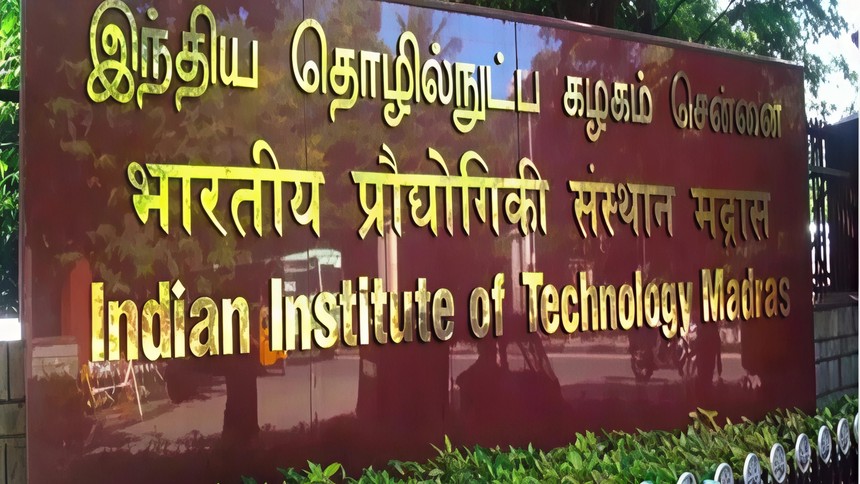Artificial intelligence is no longer just a futuristic buzzword. According to a Goldman Sachs economist, AI is already starting to reshape the American job market and it is the younger tech workers who are being affected first.
Joseph Briggs, Senior Global Economist at Goldman Sachs, explained in a recent podcast that while most companies have yet to fully adopt AI in daily operations, its impact is already visible in employment trends within the tech sector. For two decades, tech jobs consistently grew year after year. But over the past three years, that steady climb has stalled and even reversed.

The clearest sign of disruption? A noticeable rise in unemployment among tech professionals aged between 20 and 30. Since the beginning of this year, that number has jumped by three percentage points. This is far above the average for other age groups or industries, highlighting that junior employees are the first to face cuts as companies experiment with AI-powered automation.
Many major firms are already reporting how much AI is contributing to their workflows. Companies like Microsoft and Alphabet say AI is now writing nearly a third of the code in some projects. Salesforce CEO Marc Benioff went even further, saying AI handles around half of the tasks at his company. These are clear indicators that businesses are actively reducing reliance on entry-level talent.
This shift is not just about hiring fewer people. It signals a deeper trend known as labor substitution, where machines begin taking over tasks previously done by humans. George Lee, co-head of the Goldman Sachs Global Institute, added that in the race to become more efficient and adaptable, companies are pausing entry-level hiring altogether.

Briggs estimates that in the coming years, as many as 6 to 7 percent of all jobs could be lost to AI automation in a steady scenario. However, he warns that this process could accelerate depending on how quickly companies adopt AI or if an economic downturn pushes firms to cut costs.
And then there is the looming possibility of Artificial General Intelligence, or AGI. Unlike current models that perform specific tasks, AGI would be capable of learning and adapting like a human. If achieved, the effect on the job market could be far more disruptive than anything seen so far.
While AI brings exciting new tools and greater efficiency, it also introduces significant uncertainty, especially for early-career professionals. As more companies turn to automation, understanding the long-term implications for the workforce becomes more important than ever.
For more on how AI is transforming the world of work, follow Tech Moves on Instagram and Facebook.














